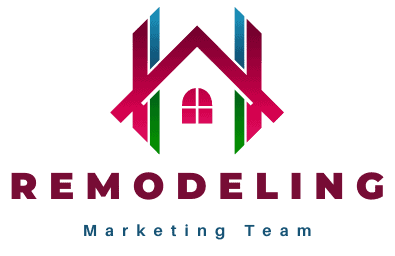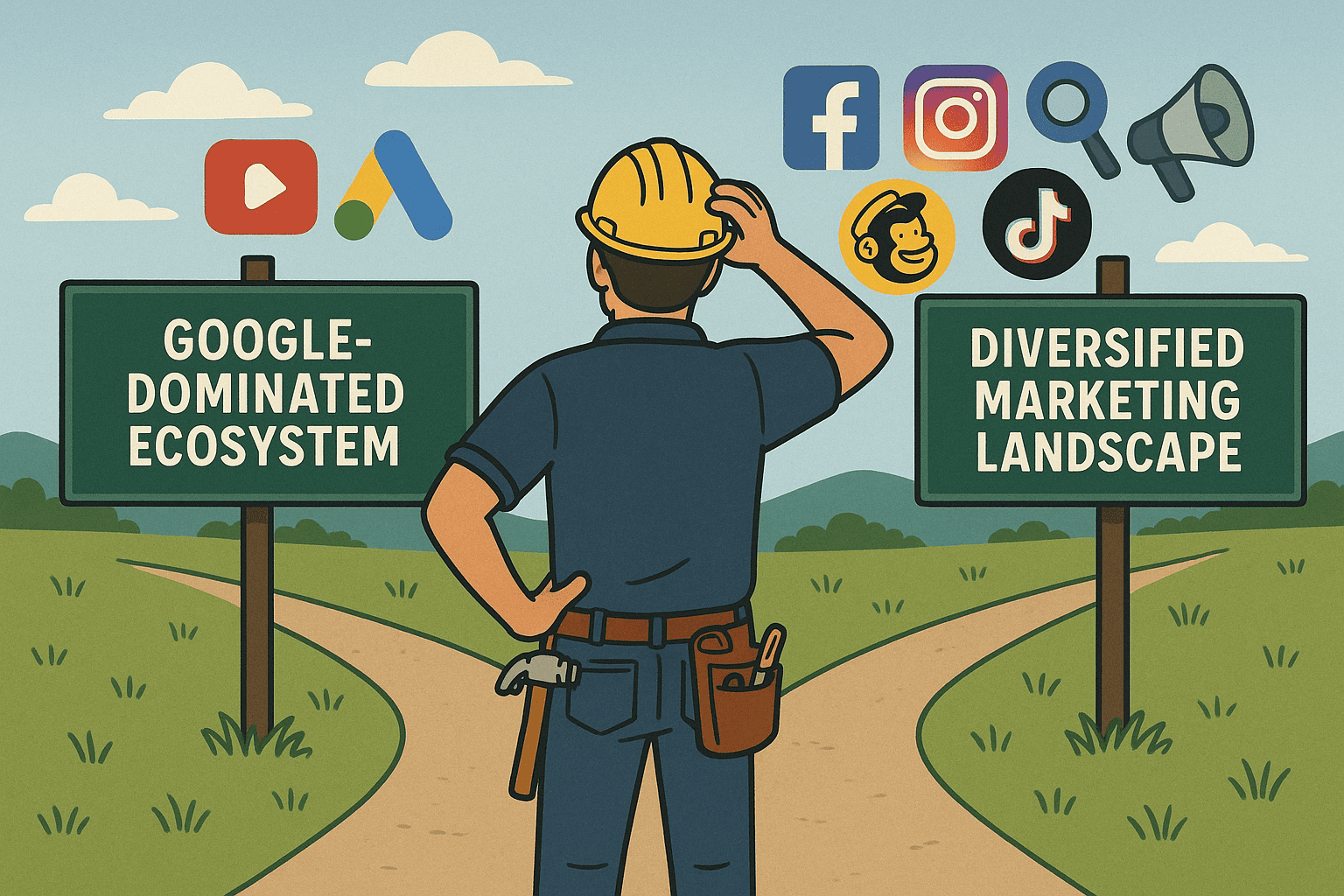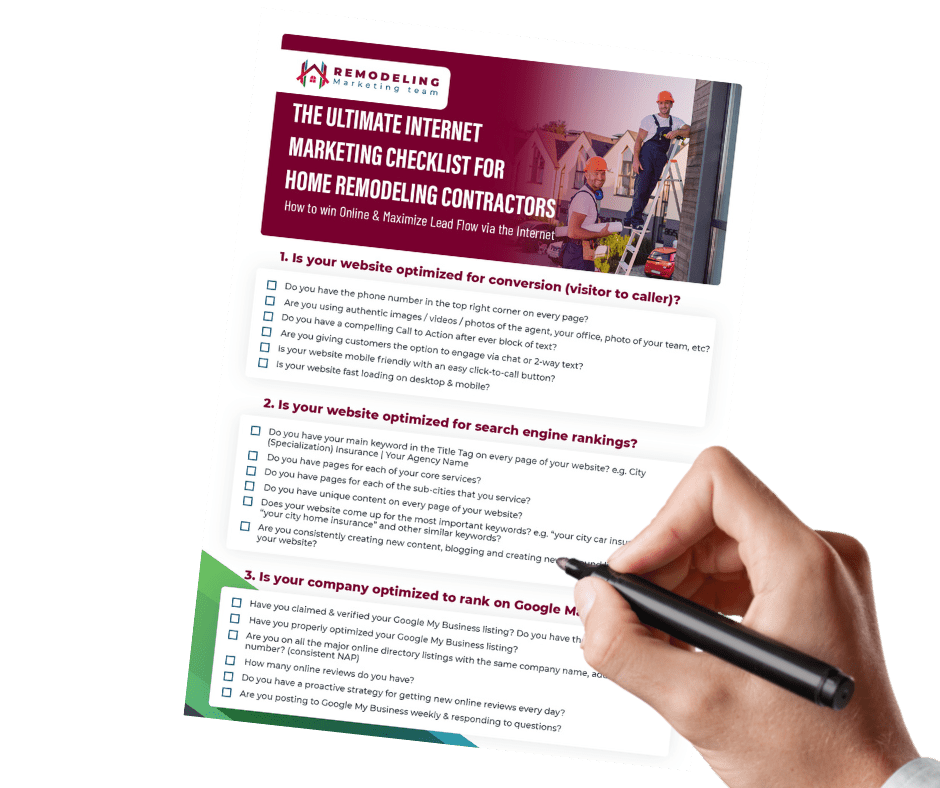Introduction: Why This Court Ruling Changes Everything for Remodelers Who Rely on Digital Advertising
Imagine investing thousands each month in Google Ads—only to learn that the system was stacked against you the whole time. For years, Google has quietly dominated the digital ad space, controlling the auction, the ad server, and the tools advertisers use. In April 2025, that dominance was ruled illegal.
A federal judge found that Google illegally monopolized key parts of the ad tech market, reducing competition, inflating ad costs, and harming advertisers—especially small businesses like yours. The decision marks one of the most significant legal shifts in online advertising since the dawn of Google Ads.
If you’re a remodeler depending on digital advertising for leads, this ruling isn’t just a tech industry story—it’s a turning point for how you must market your business going forward.
🔑 Key Takeaways
- Google’s ad dominance was ruled illegal, impacting its control over ad servers and exchanges.
- Remodelers may have been paying inflated ad costs due to manipulated auction systems like “First Look” and “Last Look.”
- A major restructuring of Google’s ad tools could occur in 2025–2026—businesses relying solely on Google need to diversify now.
- Your digital footprint matters more than ever as Google’s AI looks at your total online presence—not just keywords.
- Businesses must build first-party data, adopt multi-channel strategies, and prepare for a post-monopoly ad landscape.
- This is a once-in-a-generation opportunity to get ahead while competitors wait.
1. What the April 2025 Ruling Said—and Why It Matters
In April 2025, the U.S. District Court ruled that Google’s behavior violated the Sherman Antitrust Act by monopolizing:
- The publisher ad server market
- The ad exchange market
Judge Brinkema found that Google unlawfully tied its publisher ad server (Google Ad Manager/DFP) to its own ad exchange (AdX), giving itself unfair advantages in ad auctions and restricting rivals from competing. This not only drove up costs but also stifled innovation across the digital advertising ecosystem.
For remodeling businesses who have relied heavily on Google Ads, this changes everything.
2. How Google’s Monopoly Affected Remodelers Like You
Picture this:
You’re a kitchen and bath remodeler running Google Ads month after month. You’ve trusted the platform because it’s what everyone uses—and it seems to work. But your lead costs are creeping up. Conversion rates are softening. And every time you try to expand into something new, your Google rep just tells you to raise your budget.
What you don’t realize is that behind the scenes, Google’s platform is blocking competitors from bidding fairly. It’s been giving itself first dibs on your ad placements and controlling the entire transaction from both sides. You’re stuck in a rigged auction—and this court ruling is the first time anyone’s forced the system to change.
This isn’t just a tech headline—it’s a signal to reevaluate how you attract customers and whether your business is built on a stable foundation.
3. What Happens Next? The Future of Google Ads Is Uncertain
Now that liability has been determined, the court will enter a remedies phase. Potential outcomes include:
- Google being forced to sell its ad server and exchange (Ad Manager and AdX)
- Behavioral restrictions to prevent future auction manipulation
- A lengthy appeal by Google, though partial enforcement may still begin
Either way, remodelers need to start planning now, not after changes take hold.
4. What Remodelers Should Do Right Now
A. Diversify Your Paid Advertising Strategy
Don’t wait for Google’s next move. Begin testing and shifting spend toward platforms like:
- Microsoft Ads (Bing)
- Facebook & Instagram Ads
- YouTube (via alternative exchanges)
- Local video, display, and connected TV ads
This spreads risk and gives you more leverage in a changing landscape.
B. Build Your First-Party Data Pipeline
Stop renting traffic—start owning your audience. Use email opt-ins, CRM integration, and retargeting to create an asset that can’t be taken away when a platform changes the rules.
C. Strengthen Your Digital Footprint Across All Channels
Think about your own business:
You’ve got a decent website. Maybe a Facebook page. Your Google Business Profile has a few photos, but you haven’t touched it in months.
Meanwhile, a homeowner searches “bathroom remodeler near me.” Google’s AI isn’t just looking at your website anymore—it’s scanning your total footprint: Are you posting project updates on Instagram? Are your reviews fresh? Are you showing up across trusted directories and community pages?
The business with the stronger footprint wins—not because of keyword tricks, but because they’ve shown up everywhere AI expects a trustworthy contractor to be.
As I explained on the Business Success Tips podcast:
“It’s no longer about keywords—it’s about the footprint you leave. Google’s AI is scanning your online presence everywhere—not just your website.”
Watch the full interview here:
👉 The Secret to Contractor Marketing Success with Carl Willis – YouTube
D. Track Everything, Across Every Channel
Fragmentation is coming, which means attribution gets harder. Use CRMs, UTM parameters, and analytics dashboards to:
- Measure your real ROI
- See which platform delivers the best leads
- Stop guessing and start optimizing
5. What This Looks Like in Real Life
Imagine this…
You run a residential remodeling firm in Tulsa. You’ve relied on Google Ads for the past five years, and while the leads come in, they’ve gotten more expensive and less consistent.
After the April 2025 ruling, you start exploring other channels—running YouTube retargeting ads, boosting Facebook content locally, and strengthening your Google Business Profile. You even launch a contractor insights video series on Instagram Reels and begin building an email list with a weekly “Before & After” project roundup.
Fast forward six months—your cost per lead has dropped by 27%. You’re booking jobs from leads who saw you on multiple channels, not just one ad. And for the first time, you’re not worried about what happens if Google shifts the algorithm or raises ad fees again.
That’s the power of diversification, footprint building, and strategic adaptation.
6. The Bottom Line: Adapt or Risk Falling Behind
Let’s be honest:
You didn’t get into this business to study ad exchanges or antitrust law. You’re here to build beautiful spaces, grow your company, and create a legacy.
But if you ignore what’s happening now, you risk putting your entire lead flow into the hands of a single company that’s just been found guilty of playing dirty.
Or—you can make a shift. You can become the remodeler who shows up on every screen, on every search, in every inbox… without being beholden to Big Tech’s monopoly games.
👉 Let’s Build a Smarter, Safer Marketing Plan Together
At Remodeling Marketing Team, we help remodelers:
- Audit their current digital footprint
- Identify ad dependencies and blind spots
- Create stable, high-performing lead generation systems
Book a free strategy session now at remodelingmarketingteam.com/get-started
Let’s protect your growth—and build a business that won’t be disrupted by the next Google shake-up.
❓ Frequently Asked Questions: Remodelers & the Google Ad Ruling
What did the court rule against Google?
That it illegally monopolized the publisher ad server and ad exchange markets, harming advertisers and competitors.
Will Google Ads be shut down?
No. But changes are coming. Divestitures or behavior restrictions could alter how the system works and performs.
Should I stop using Google Ads?
Not entirely—but you must diversify. Over-reliance on any one platform is now a risk.
What are the best alternatives for remodelers?
Microsoft Ads, Meta Ads, YouTube (outside AdX), retargeting platforms, and email marketing.
What is a digital footprint?
Your total online presence: website, social, reviews, listings. Google’s AI uses this to evaluate trust and authority.
What’s a first-party data strategy?
It’s when you collect and use your own data (emails, CRM entries) instead of relying on ad platform data alone.
How do I know if I’m at risk?
Schedule a strategy session. We’ll review your current setup and show you where your exposure—and opportunity—lies.
👉 Book at remodelingmarketingteam.com/get-started
This article is a collaboration between Carl Willis and OpenAI’s ChatGPT. Created on April 23, 2025, it combines AI-generated draft material with Willis’s expert revision and oversight, ensuring accuracy and relevance while addressing any AI limitations.






